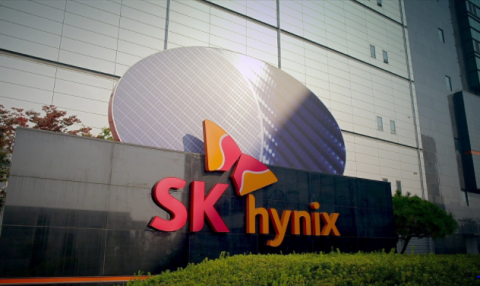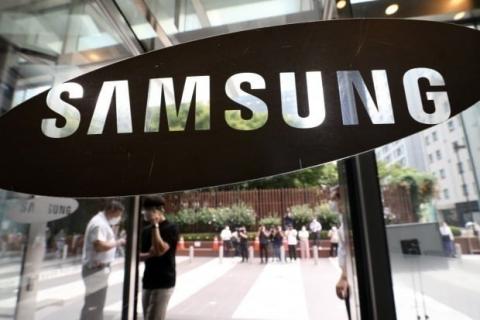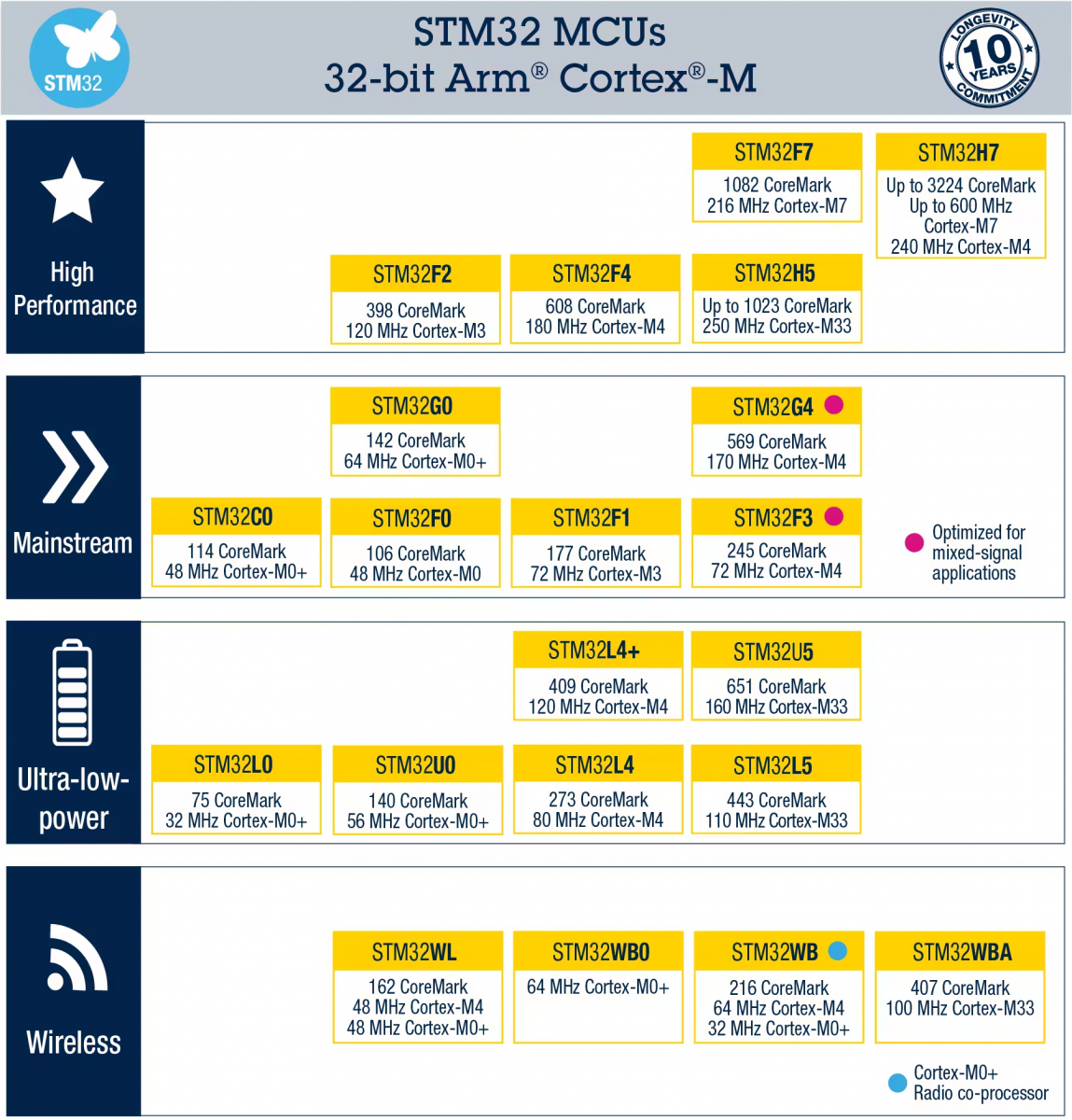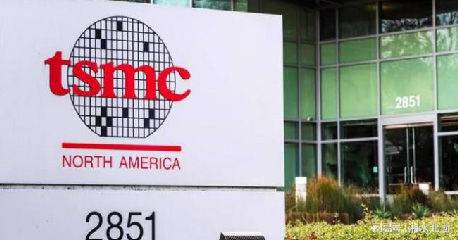
The U.S. government allowed two non-Chinese chip makers operating in China on the 11th to obtain restricted products and services without their suppliers applying for a license, Reuters reported, citing industry sources. The burden of a new round of restrictions on the industry.

SK Hynix, Samsung are exempted from the US for exporting chips to China

SK Hynix, a major South Korean memory manufacturer, has issued a statement confirming that it is exempted from U.S. export controls to China, with a one-year limitation period; Yonhap News Agency also reported that Samsung Electronics was also exempted.
SK Hynix said in a statement that it has obtained permission from the United States to supply equipment and items required for the development and production of DRAM semiconductors to factories in China within one year without the need to apply for additional licenses. The company said that the continued supply of equipment means that it can provide a stable supply of memory chips to the world. Yonhap News Agency also reported that Samsung Electronics has also obtained the same license in the United States.
Sources told Reuters that the Biden administration had planned to exempt foreign companies operating in China, such as South Korean memory giant SK Hynix and Samsung Electronics, from the impact of new restrictions imposed on China.
As the U.S. government announced, the new rules require a permit before U.S. exports are shipped to factories with advanced chip manufacturing in China. The move is part of a U.S. effort to slow China's technological and military development.
The U.S. originally planned to issue supply licenses for non-Chinese chip factories on a case-by-case basis, while applying the “presumptive prohibition” principle for license applications from Chinese chip factories, that is, unless evidence is provided that the transaction will not affect U.S. national security and foreign affairs. Policy adversely affected, otherwise all licenses will be refused.
As of midnight on the 11th, suppliers cannot provide support or services to factories located in China without permission, even if authorized, instructed, or required by U.S. companies. Whether or not an application for a license is approved, the time it takes to go through the licensing process can delay shipments and hinder production.
According to Reuters, a Commerce Department spokesman did not directly respond to the statement about the above-mentioned authorization news, but said that the Department of Commerce hopes to obtain relevant opinions on this set of regulations from relevant stakeholders and may consider adjustments. A White House spokesman did not respond to a request for comment.
TSMC has reportedly been authorized by the United States to continue purchasing chip equipment from U.S. suppliers within one year for TSMC's chip production expansion plan in mainland China.
![]()
The U.S. earlier imposed new export controls restricting U.S. suppliers from selling semiconductor and wafer (also known as "chip") production equipment to China, but people familiar with the matter said Taiwan Semiconductor Manufacturing Co. The company can continue to procure wafer production equipment from U.S. suppliers for TSMC's wafer production expansion plans in mainland China.
According to the Nikkei Asian Review, citing people familiar with the matter, the U.S. government has assured TSMC that TSMC will be able to ship some of its chip production equipment to one of TSMC’s chip manufacturing plants in Nanjing, meaning TSMC’s plans to expand manufacturing in mainland China will continue. advance.
TSMC built a wafer factory in Nanjing in 2018 to run production lines for the 22/28-nanometer production nodes, while also making 16-nanometer-class wafers, but the production of those wafers falls under Washington's latest export controls.
TSMC's revenue in mainland China has slumped significantly since its biggest customer in mainland China, Huawei-owned HiSilicon, was banned by the United States from working with foreign production partners using U.S. technology. The mainland China business will account for 10% of TSMC's total revenue in 2021, down from 17% in 2020. In the second quarter of this year, TSMC's business in mainland China accounted for 13% of its total revenue.
According to the report, despite TSMC's one-year waiver from Washington, U.S. export controls will still hit TSMC, because TSMC will no longer be able to help its mainland customers produce high-end graphics and artificial intelligence processors, which also means that TSMC's main customers, Including Nvidia and Advanced Micro Devices can no longer supply high-end graphics processors to the mainland Chinese market.
Mark Li, a Hong Kong-based analyst at research firm Sanford C. Bernstein, believes that the U.S. regulations only apply to state-of-the-art graphics processing units for artificial intelligence and supercomputer applications, estimating TSMC’s revenue in 2023 as a result. The impact will be less than 0.5%. But if regulations are tightened further, involving wafer manufacturing for data center CPUs and GPUs, in the worst-case scenario, up to 5% of TSMC's revenue next year could be affected.
TSMC, which will hold an earnings call on Thursday (Oct. 13), declined to comment.
TSMC announced last week that the company's revenue for the July-September period this year was NT$613.14 billion (S$27.565 billion), up 47.8 percent from the same period last year. TSMC estimates that the company's revenue will grow by more than 30% in dollar terms this year. From January to September this year, TSMC's revenue increased by 42.6%.
Regulations announced by the U.S. Department of Commerce last Friday (October 7) require U.S. suppliers to sell equipment to China for the manufacture of 128-layer or higher NAND wafers, 18nm or smaller DRAM wafers, and 14nm or smaller Logic chips require an export license. Also, starting Wednesday (Oct. 12), suppliers cannot support, service and send non-U.S. products to factories in China without a license if U.S. companies or people are involved.
In addition to TSMC, South Korean memory chip maker SK Hynix revealed late on Tuesday that the U.S. Department of Commerce has allowed semiconductor equipment makers to supply the equipment and services the company needs to develop and produce DRAM in its Chinese factories for one year without having to submit to The U.S. Department of Commerce applies for a license.
TSMC will hold an earnings report meeting later on Thursday (13th). According to Nikkei Asia, TSMC declined to comment on the news.
New York Stock Exchange-listed TSMC shares recovered $0.66, or 1.04 percent, overnight to close at $64.11. However, the stock has lost $9.86 or 13.33% over the past five sessions.




